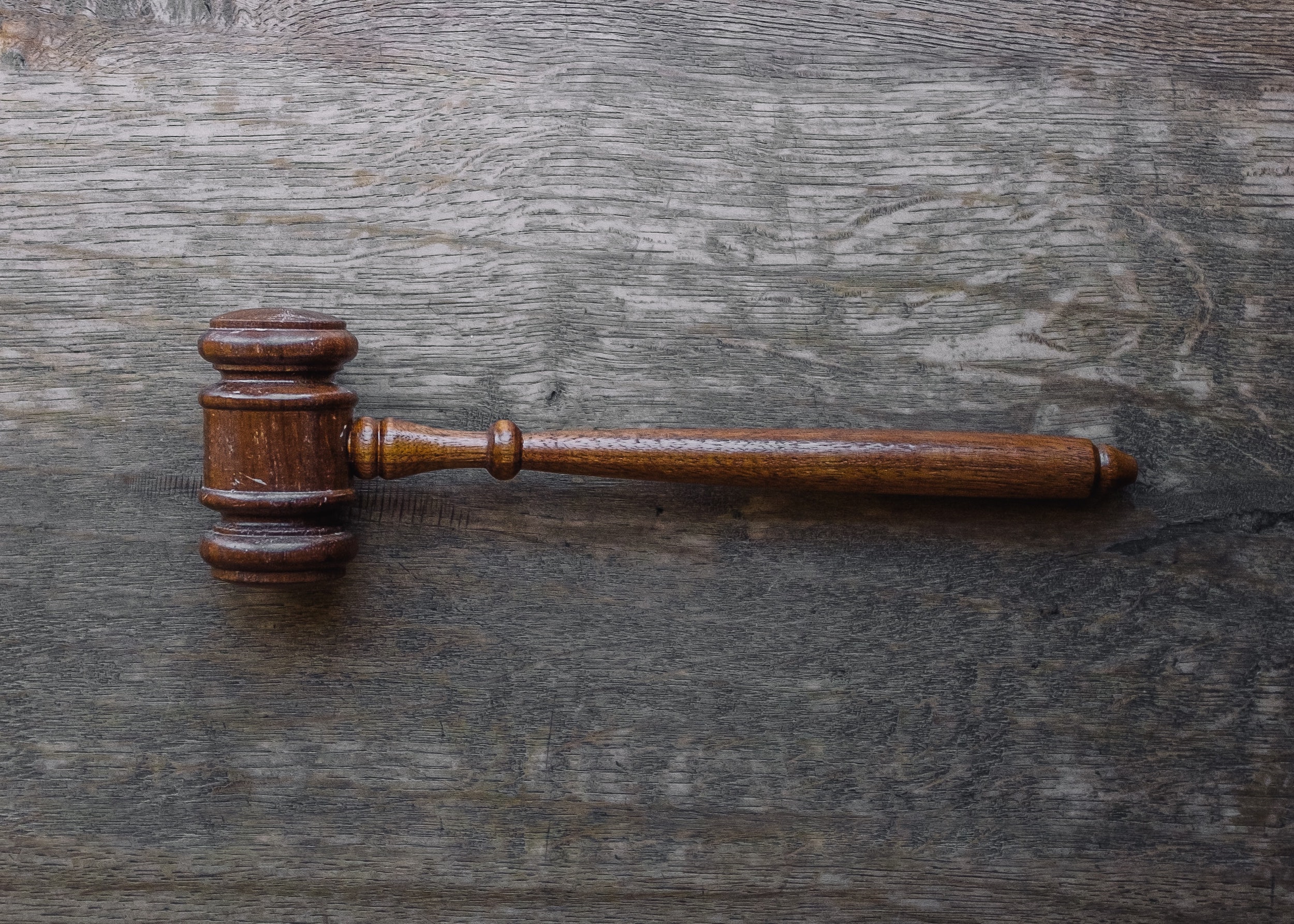To survive a motion for judgment on the pleadings, a complaint must state sufficient facts, accepted as true, to state a claim that is plausible on its face. Chavez v. United States, 683 F. 3d 1102, 1108-1109 (9th Cir. 2012). Thus, a defendant is not entitled to judgment on the pleadings if the complaint raises issues of fact which, if proved, would support recovery. General Conference Corp. of Seventh-Day Adventists v. Seventh-Day Adventist Congregational Church, 887 F. 2d 228, 230 (9th Cir. 1989).
READ MORE

